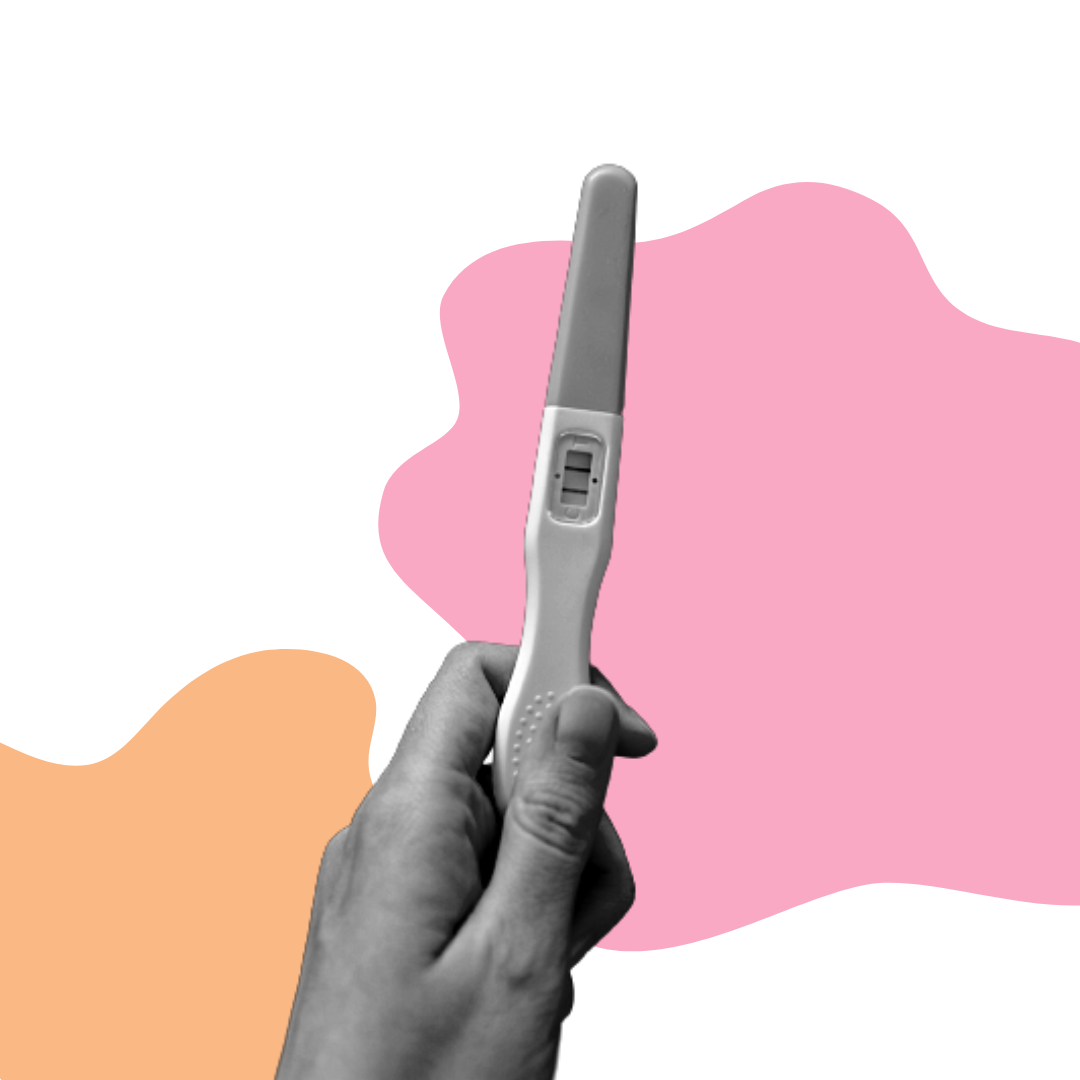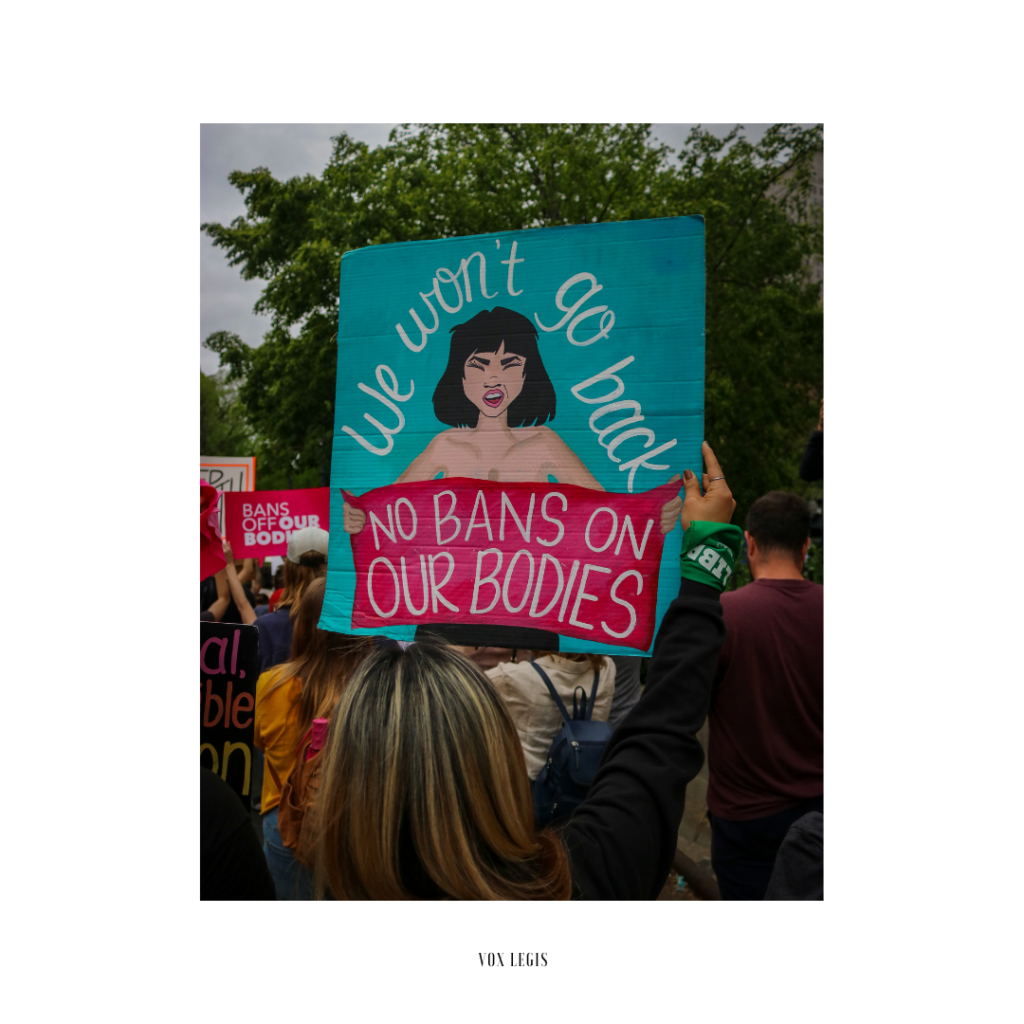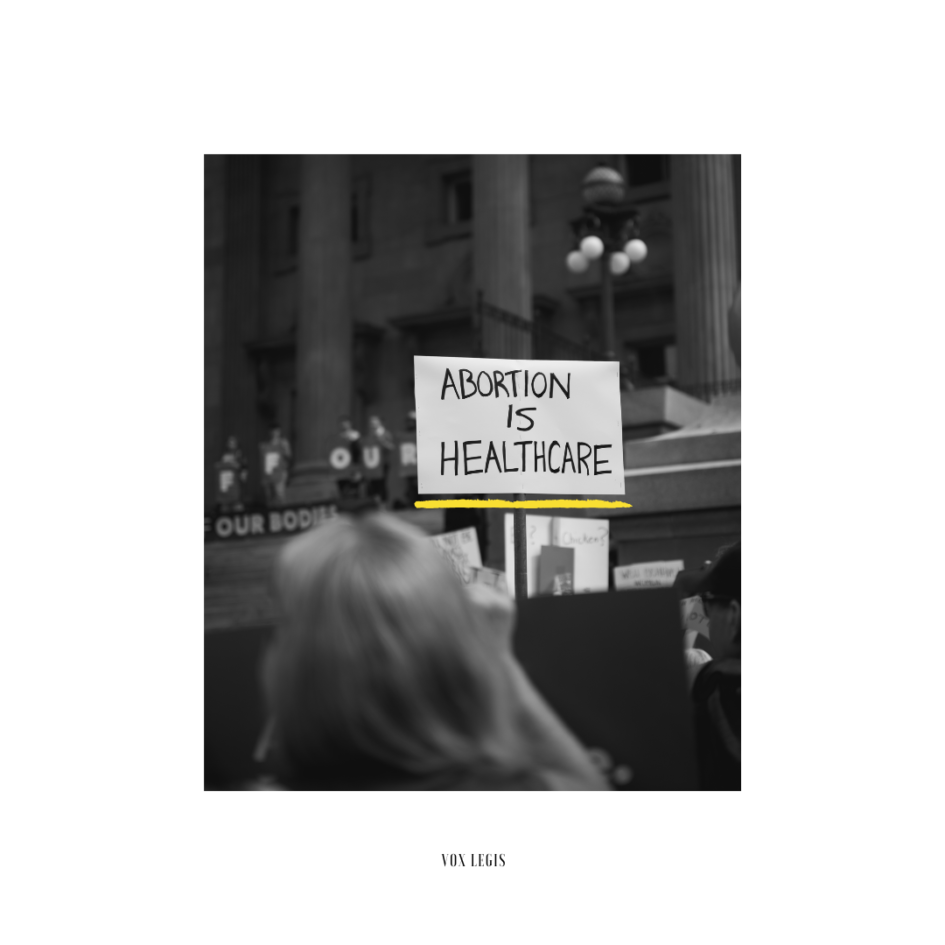The recent overturning of a landmark judgement in the field of abortion rights in the U.S. has bemused countries across the globe with regard to the plight of Women’s rights in the U.S. The overturning of Roe v. Wade in June 2022 came as a shock to several women who were relying on the confidence instilled by the historic judgement.
Abortion rights in the U.S. have rolled back to their starting point following this unprecedented decision of the Supreme Court of the United States (herein referred to as “SCOTUS”). For a country like the US, which boasts about its progressiveness and values, this is a severe blow to its proclaimed notions of individual freedom and privacy.
By overturning Roe v. Wade, the judiciary has curtailed the right to privacy of millions of women, who strongly oppose the pro-life approach of the SCOTUS. The judgement in Dobbs v. Jackson upholding a Mississippi law will prevent several women from accessing reasonable and safe abortion procedures in the coming years.
The support displayed by the SCOTUS has encouraged more states to formulate such restrictive laws. The women, who live in states where the ban exists, will now have to travel to other states where there is no ban, to avail abortion procedures. This is potentially dangerous to pregnant women who wish to avail of such services. Such thoughtless restrictions not only mock the ideas of individual freedom and privacy but also amplify factors leading to maternal mortality.
Abortion rights in the US were in their nascent stage until the pronouncement of the judgement in Roe v. Wade in 1973. The Planned Parenthood v. Casey case further cemented the legal sanction of abortion right upheld by Roe v. Wade in 1992. The District Court in the latter case referred to the protection of abortion right enshrined in the ninth amendment of the US constitution through the fourteenth amendment.
The SCOTUS in Roe v. Wade unequivocally brought the right to abortion to the ambit of the right to privacy of a woman. This judgement was significant in many ways. Firstly, it highlighted the constitutional protection of abortion rights available to a woman in the U.S. Secondly, it enlightened many women about their bodily autonomy and choice.
Thirdly, it barricaded the state’s unwanted interference in the choices of women’s health.
The judgement was a relief to the women in the U.S. especially those hindered by economic, racial, and ethnic impediments. The pronouncement of Roe v. Wade provided a safe harbour for women to choose, in matters related to abortion and thereby maternal health.
The judgment allowed women to avail of abortion procedures till the fetus became viable, i.e, in the first trimester. Moreover, this also enabled women to exercise autonomy over their bodies without any unreasonable legislative hindrance.

The decision in Dobbs v. Jackson Women’s Health Organization has seized the imagined notions of liberty from millions of American women. The recent judgement also upholds the discriminatory nature of various state laws banning abortion. This violates ‘the equal protection of law’ highlighted by the fourteenth amendment of the US constitution.
The right to life of an individual includes the right to health which further discusses the right to avail proper medical treatment.
According to the World Health Organization (WHO), about 20 million women have unsafe abortions every year [1]. Bans on abortion after the first trimester can lead to more number of women relying on unsafe abortion procedures.
In 2000, in interpreting Article 6.1 of the International Covenant on Civil and Political Rights, the United Nations Human Rights Committee called upon states to inform the committee of “any measures taken by the State to help women prevent unwanted pregnancies, and to ensure that they do not have to undergo life-threatening clandestine abortions [2].”
According to the Office of the High Commissioner of Human Rights, abortion right is essentially a human right. Since human rights law brings with it, the protection of the right to life, the right to health, and the right to privacy, abortion right can also be included in its ambit.
It is necessary for women to be given the ability to choose what is right for themselves. It is a matter of shame to let such laws thrive in this century when the freedom of an individual is immensely valued. Abortion restrictive laws are inherently discriminatory and question the very essence of equality before the law.
According to the Convention on the Elimination of All Forms of Discrimination against Women, any law that has the ‘purpose’ or ‘effect’ of discriminating against women violates the principle of non-discrimination as given in the convention. The laws related to banning abortions violate the principles upheld in this convention.
The cloak of discrimination as visible in such laws covers up the visions of freedom and autonomy of women.

Numerous international legal instruments point to the need for the protection of abortion right as a human right. The right to abortion is touched upon by the right to life and liberty, the right to equality, the right to reproductive self-determination etc. These rights are also protected by several regional covenants like the American Charter, African Charter, European Convention on Human Rights, etc.
The Universal Declaration of Human Rights in Article 3 discusses the right to life, liberty and security. The International Covenant on Civil and Political Rights also throws light on the same in Article 6. The right to life in each of these instruments encompasses the right to health and indirectly the right to avail safe abortion procedures for women.
The right against discrimination is also enshrined in various articles in these covenants. The discriminatory laws differentiating men and women strictly violate the quintessence of these human rights covenants. Further, the right to privacy of every individual is protected under Article 17 of the International Covenant on Civil and Political Rights.
The reproductive right to self-determination of women in the U.S. is severely affected by the overturning of Roe v. Wade.
Every individual is entitled to the freedom to take decisions in private matters. This self-determination principle is imperative in international human rights law. As mentioned earlier, the right to health encompasses the right to proper medical treatment. Denial of safe abortion procedures infringes on the essence of the right to health.
This will significantly impact maternal health indicators. The right to health as a fundamental human right cannot be then exercised in its authentic form.
This is further amplified in cases of rape when women have to bear children as a result of non-consensual sex. The state when it places bans on such abortions must essentially take into account the physical and mental trauma experienced by such women. The hurdles these women have to wade over can hardly be explained.
The decision taken in Dobbs v. Jackson to overturn Roe v. Wade will take a heavy toll on women in the U.S. In an era, when formerly conservative countries are liberalising their laws to encourage individual autonomy, the United States, as a democracy, is reversing to repressiveness.
This is a cause of concern for all individuals when the State gets the privilege to arbitrarily limit the free exercise of basic rights. For women, the move will further weaken their credibility as individuals in the political, economic and cultural spheres.
As free individuals, if women cannot choose for themselves, what will be the future of women’s empowerment and welfare in the world? Of course, one can argue that a mere abortion ban in a country will not stunt the betterment of women globally, but this should be kept in mind that such oppressive and discriminatory policies will shake the very pillars of individual autonomy and the free choice of women.
The overturning of Roe v. Wade cannot be accounted as a simple isolated event; it is also a harbinger of more such measures aiming to limit women’s freedom and autonomy. Right from suffrage to gaining a position in the judiciary, women have had to fight to realise their rights, but now, the time has already come for society to stop differentiating between women and men.
Women are entitled to the same rights that men have, i.e, the rights that are given to any individual. Is abortion right supposed to be dependent on the whims and fancies of the State? Is it not a part and parcel of basic human rights available to every individual? The misleading example set by the U.S. is a warning for other democracies to be alert in protecting the human rights of every individual irrespective of gender.
When individual autonomy is at stake, the organs of the State should display more diligence while placing limits on an individual’s basic rights. In the aftermath of the overturning of Roe v. Wade in the U.S., this very bodily autonomy of a woman has been severely injured in the U.S. and the pain inflicted by this decision will further denigrate their credibility as individuals in society.
By Mahima Jacob, 5th Year B.A. LL.B (Hons.), Faculty of Law, The Maharaja Sayajirao University of Baroda, Vadodara

